Essential Online Privacy Tools for Beginners
Your online privacy matters more than ever. With cyber threats growing, beginners need simple, effective tools to stay safe. This guide covers Essential Online Privacy Tools for Beginners—like password managers and VPNs—to help you protect your digital life with ease.
Why Online Privacy Should Be Your Priority
The internet is amazing, but it’s also full of risks. Hackers, advertisers, and even governments can track your every move. Without online privacy tools, you’re open to identity theft, data leaks, or someone spying on your personal life. I learned this the hard way when a friend’s email got hacked—it was a wake-up call. Simple tools can shield you from these dangers and give you peace of mind.
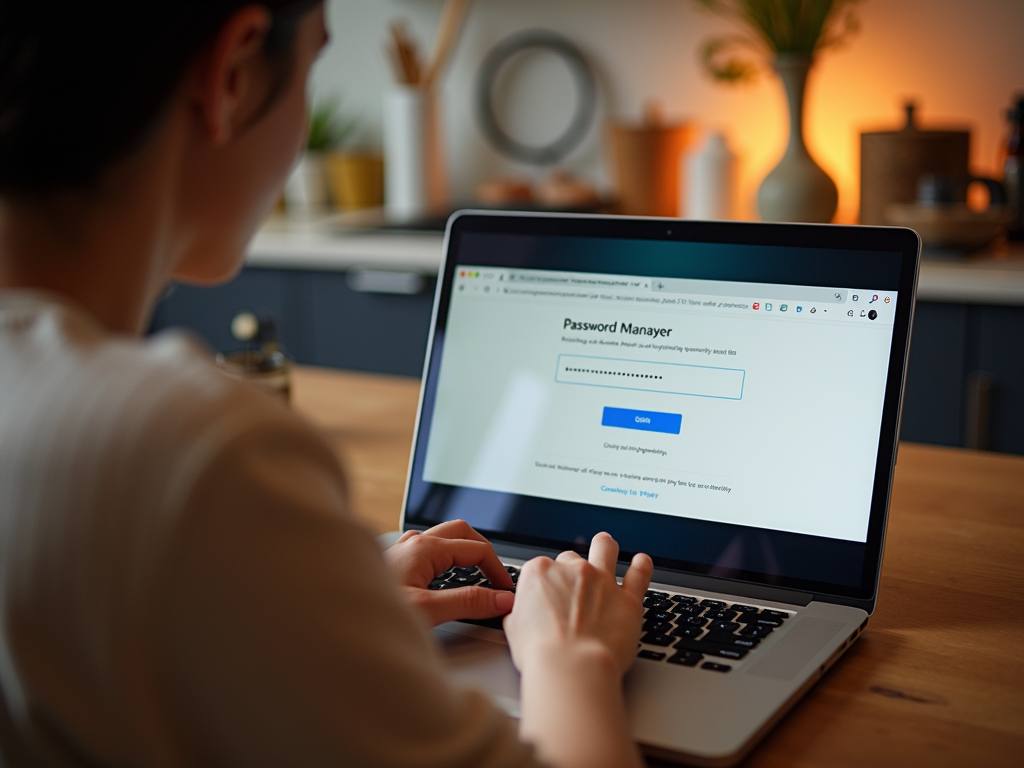
1. Password Managers: Lock Down Your Accounts
A password manager stores all your passwords in one secure place. It creates strong passwords—like ‘X7kP!m9q’—and fills them in for you. No more sticky notes or reusing ‘password123’!
Why It’s a Game-Changer: - Stops hackers from cracking weak passwords - Saves time logging in - Keeps your accounts safe
I started using one after forgetting my bank login—hours of stress gone in a snap. Pick a trusted option like LastPass or 1Password, and you’ll wonder how you lived without it.
2. Two-Factor Authentication (2FA): Double Your Protection
Two-factor authentication, or 2FA, adds a second step to logins. After your password, you enter a code from your phone or an app. It’s like locking your door and adding a deadbolt.
Why Two-Factor Authentication Is a Must: - Blocks intruders even if they have your password - Takes just seconds to set up - Works on email, banking, and more
I enable 2FA everywhere now. Once, a scammer tried my account, but the code stopped them cold. Use apps like Google Authenticator for extra security.
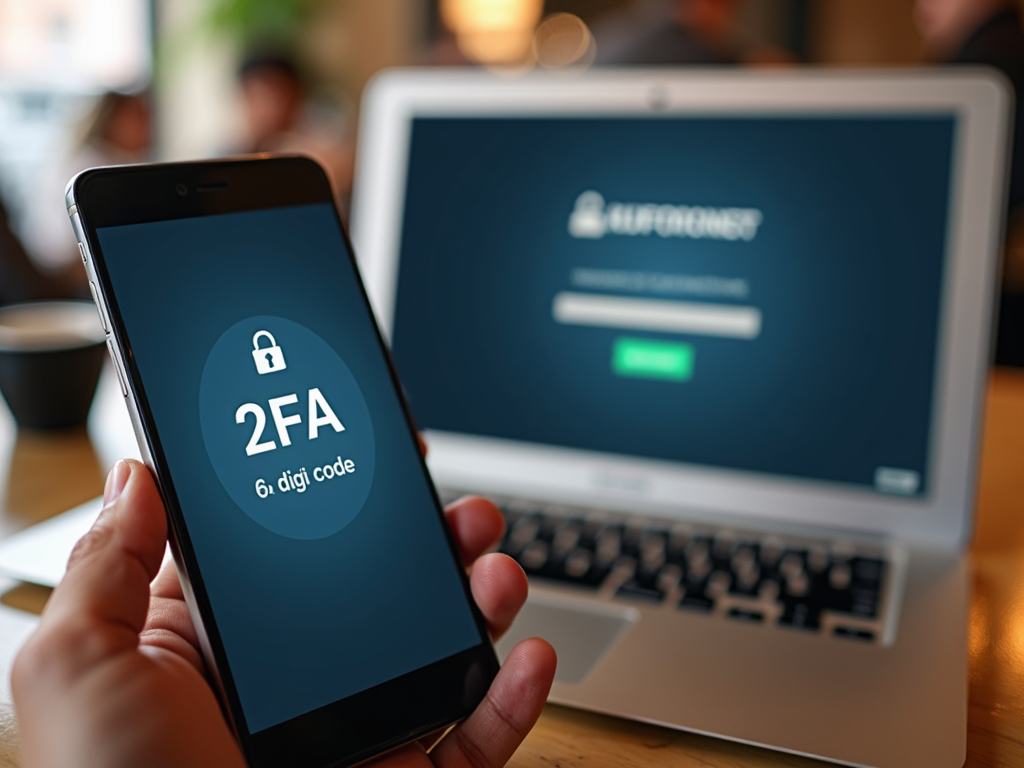
3. Virtual Private Networks (VPNs): Hide Your Tracks
A VPN hides your online activity by encrypting your connection. It’s like a secret tunnel for your internet traffic. Your real location stays hidden, and your data stays safe.
Why It’s Essential: - Shields you on public Wi-Fi - Stops ISPs from selling your info - Unlocks blocked sites
I use a VPN at airports or cafes. Once, it kept my banking details safe on sketchy hotel Wi-Fi. NordVPN or ExpressVPN are solid picks—easy and reliable.
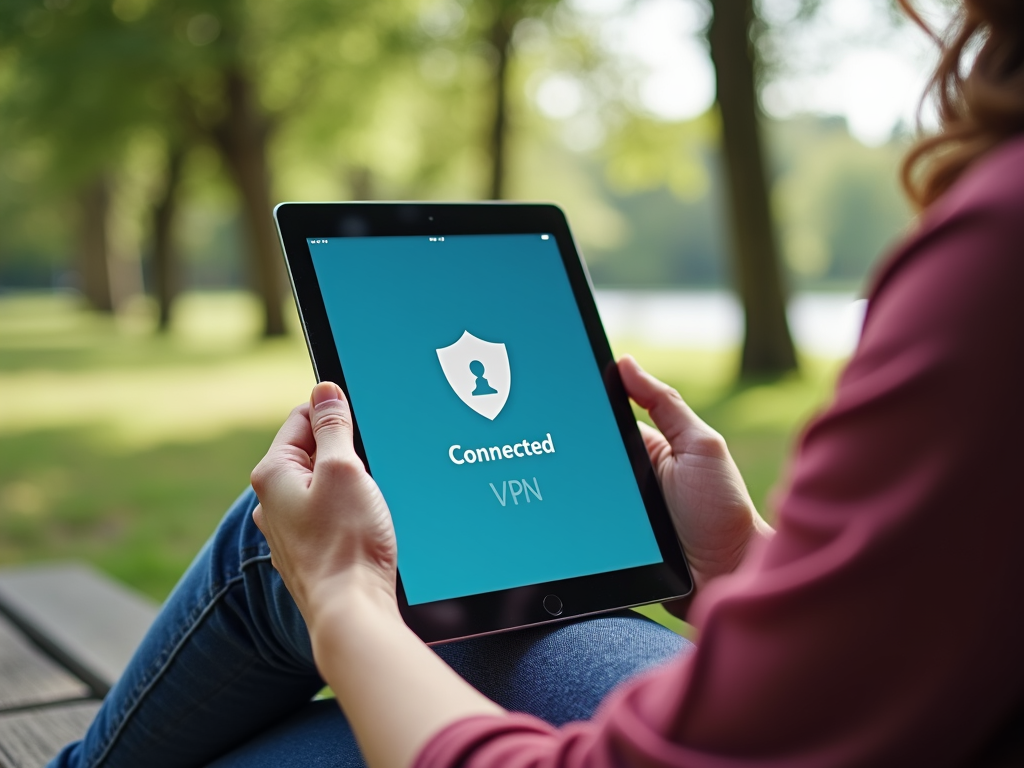
4. Encrypted Messaging Apps: Chat Without Worry
These apps scramble your messages so only the recipient can read them. No one—not even the app company—can snoop. Think of it as a private conversation in a crowded room.
Why It Matters: - Keeps personal chats confidential - Protects work talks too - Often free and simple
I switched to Signal after hearing about data leaks on other apps. It’s smooth, and I love the disappearing messages feature. WhatsApp works too—just make sure your contacts use it.
5. Privacy-Focused Browsers: Surf Smarter
Regular browsers track you. Privacy-focused ones, like Firefox or Brave, block ads and trackers. They’re built to keep your browsing yours.
Why Switch: - Cuts down creepy ads - Speeds up pages - Guards your habits
I tried Brave and saw fewer pop-ups instantly. It’s refreshing not feeling watched. Pair it with a search engine like DuckDuckGo for even more privacy.
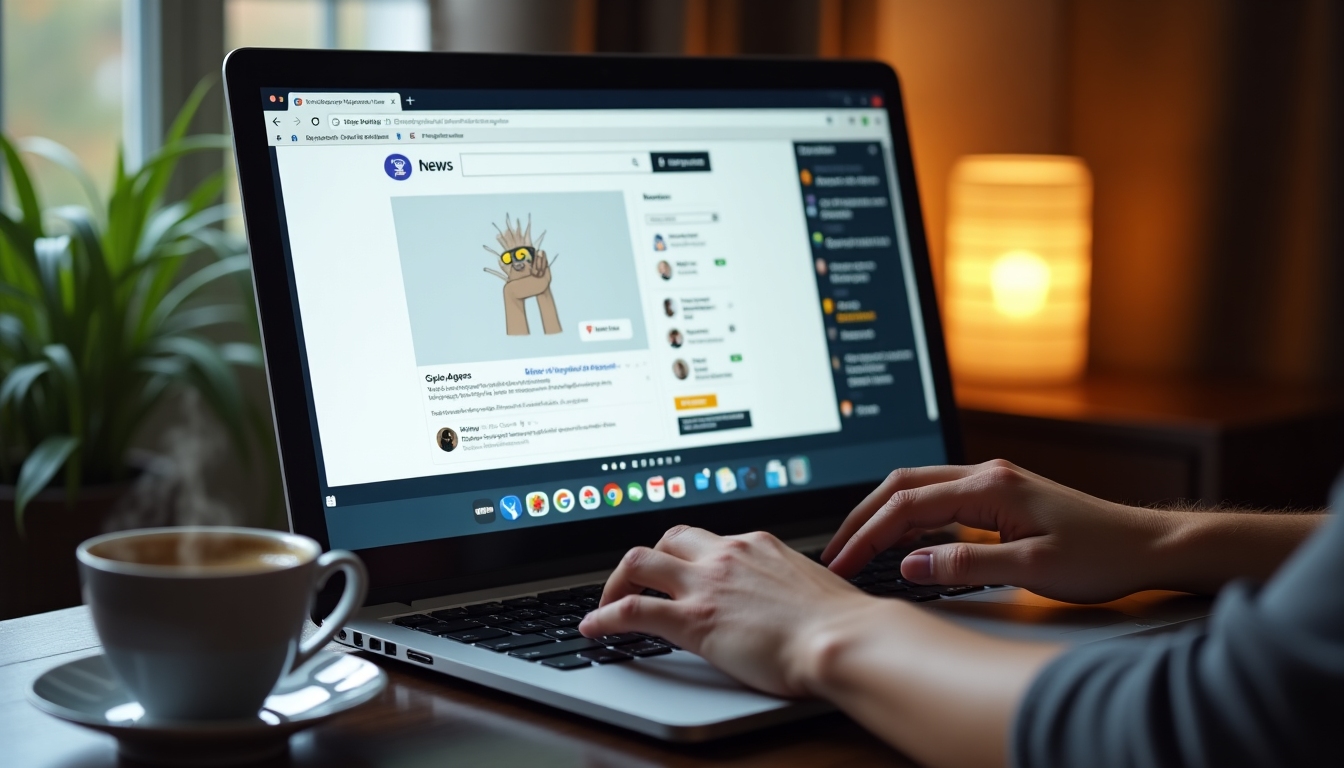
Tips to Boost Your Privacy Game
These tools work best when you use them right. Here’s how:
| Tool | Top Tip |
|---|---|
| Password Manager | Generate a new password for every site |
| 2FA | Use an app, not texts, for codes |
| VPN | Turn it on for public Wi-Fi |
| Messaging Apps | Check encryption settings |
| Privacy Browser | Clear cookies weekly |
Stay curious too—read up on threats at sites like EFF.org to keep ahead.
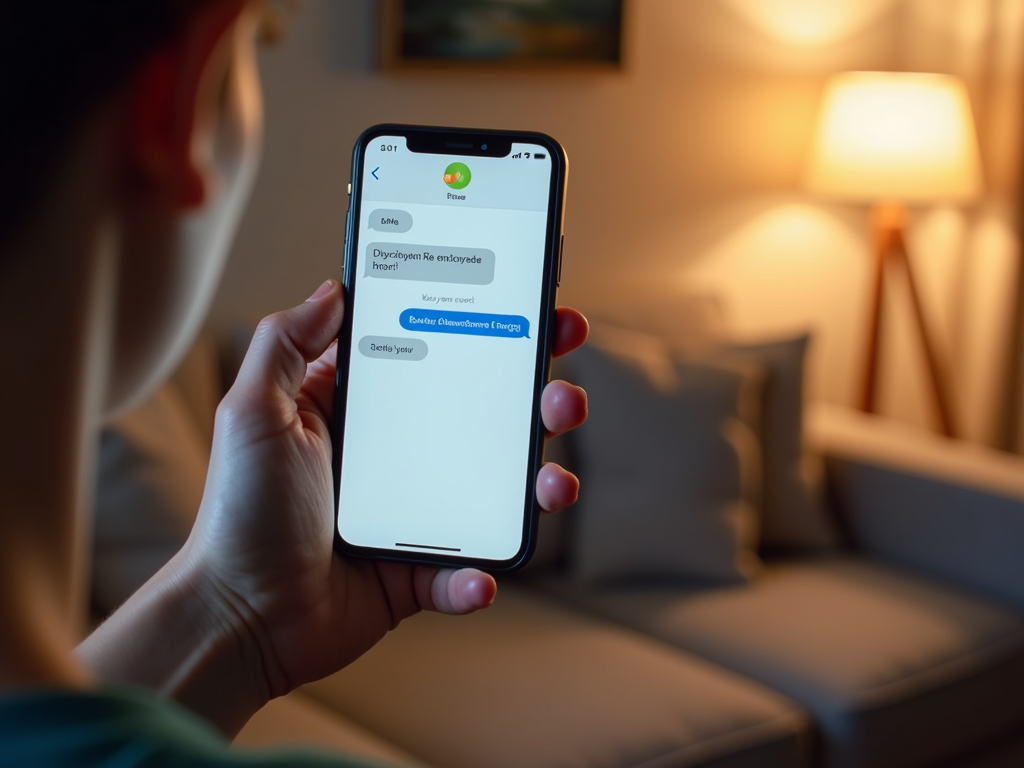
Common Hurdles and Fixes
Starting out, I hit bumps. Password managers felt overwhelming—too many options! I picked one and stuck with it. VPNs slowed my connection sometimes; switching servers fixed it. Don’t give up—tweak settings or try another tool. The effort pays off when your data stays yours.
Tools in Action: A Day in the Life
Imagine this: You log in with a password manager, check email with 2FA, browse safely via VPN, and text privately. That’s my routine now. It’s not perfect—nothing is—but it’s a shield against chaos. Essential online privacy tools for beginners make this simple.
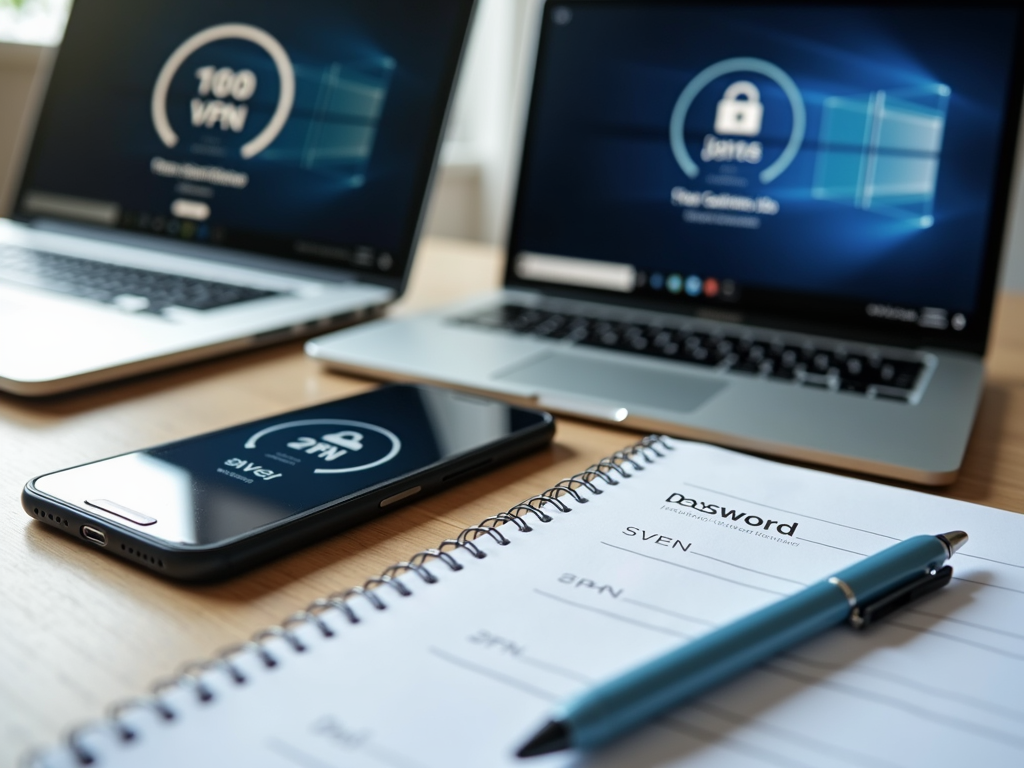
Wrapping Up
Online privacy isn’t optional—it’s a must. Essential Online Privacy Tools for Beginners like these put you in control. Start small: grab a password manager or turn on 2FA today. Build from there. Your digital life deserves protection, and these tools make it doable. Want more? Check the readings below!